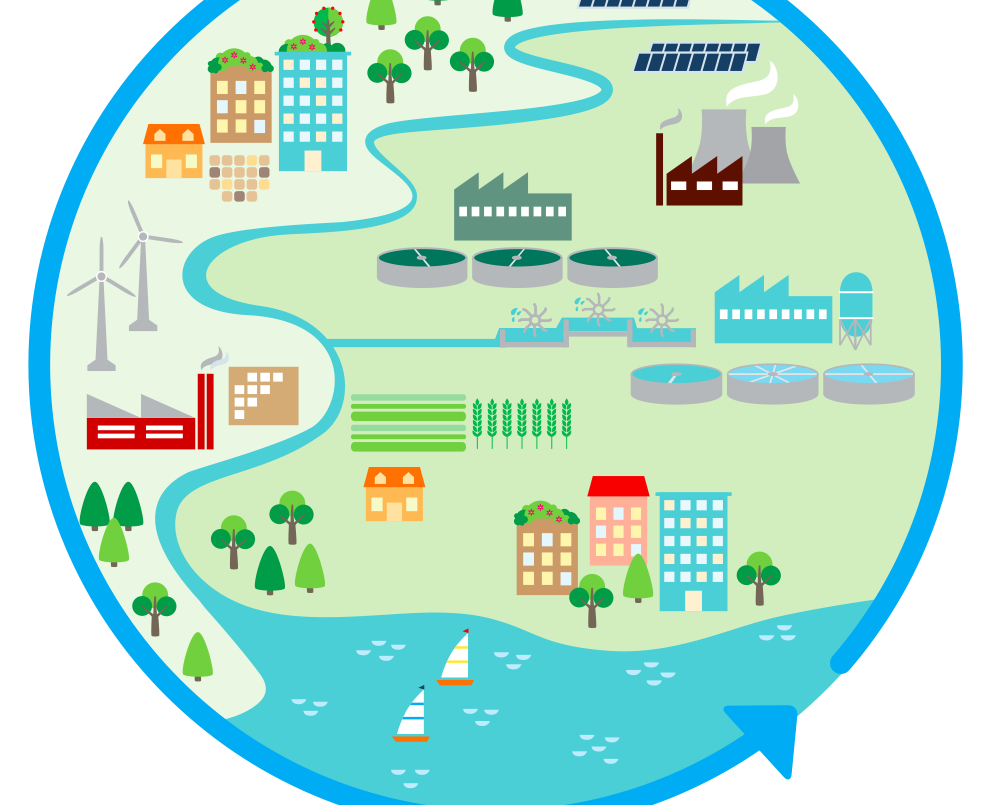Circular Economy for Sanitation – reflections of a postdoc

Circular Economy for Sanitation
C-DICE (Centre for postdoctoral development in infrastructure cities and energy) provides a variety of training opportunities for early career and postdoctoral researchers. These training opportunities are flexible and tailored to fit with our research commitments. As a postdoctoral researcher at Keele University, I find these training sessions and workshops provide an opportunity not just to develop our skills as researchers, but also to expand our research networks across different disciplines and UK HEIs across both established and early career researchers.
Recently, I attended a Circular Economy for Sanitation Masterclass, subsidised by C-DICE. The Masterclass was delivered by Dr Alison Parker, Senior Lecturer in International Water and Sanitation, Cranfield University and Dr Joy Riungu, Lecturer in Sanitary Engineering, Meru University of Science and Technology (Kenya), joined as an external speaker.
In this session, I had the opportunity to gain a better understanding of linear and circular flows of materials with a focus on sanitation, existing methods and percentages of human waste treatment that represents a global problem, the principles of circular economy, and the drivers and barriers of circular economy in sanitation.
The session was interactive, so all participants had the opportunity to share their experience in this field. Dr Alison introduced various types of products that can be generated from human waste that was interesting because before this session, I only knew a few of these products, mainly, the generation of biogas. We learned about the advantages and disadvantages of these products, so embedding circular flows is not an ultimate solution, we still need to explore the challenges and choose the most suitable technologies that fit within existing systems. Various case studies across the world, small- and large-scale projects were presented that enriched our understanding of the application of circular economy in sanitation and generating new products. Dr Joy Riungu explained the potential and challenges of container-based sanitation systems, a case study from Kenya.
I highly recommend and engaging with C-DICE training, events and workshops as it ensures continuous professional development for researchers.
Dr Yesmeen Khalifa, Keele University.